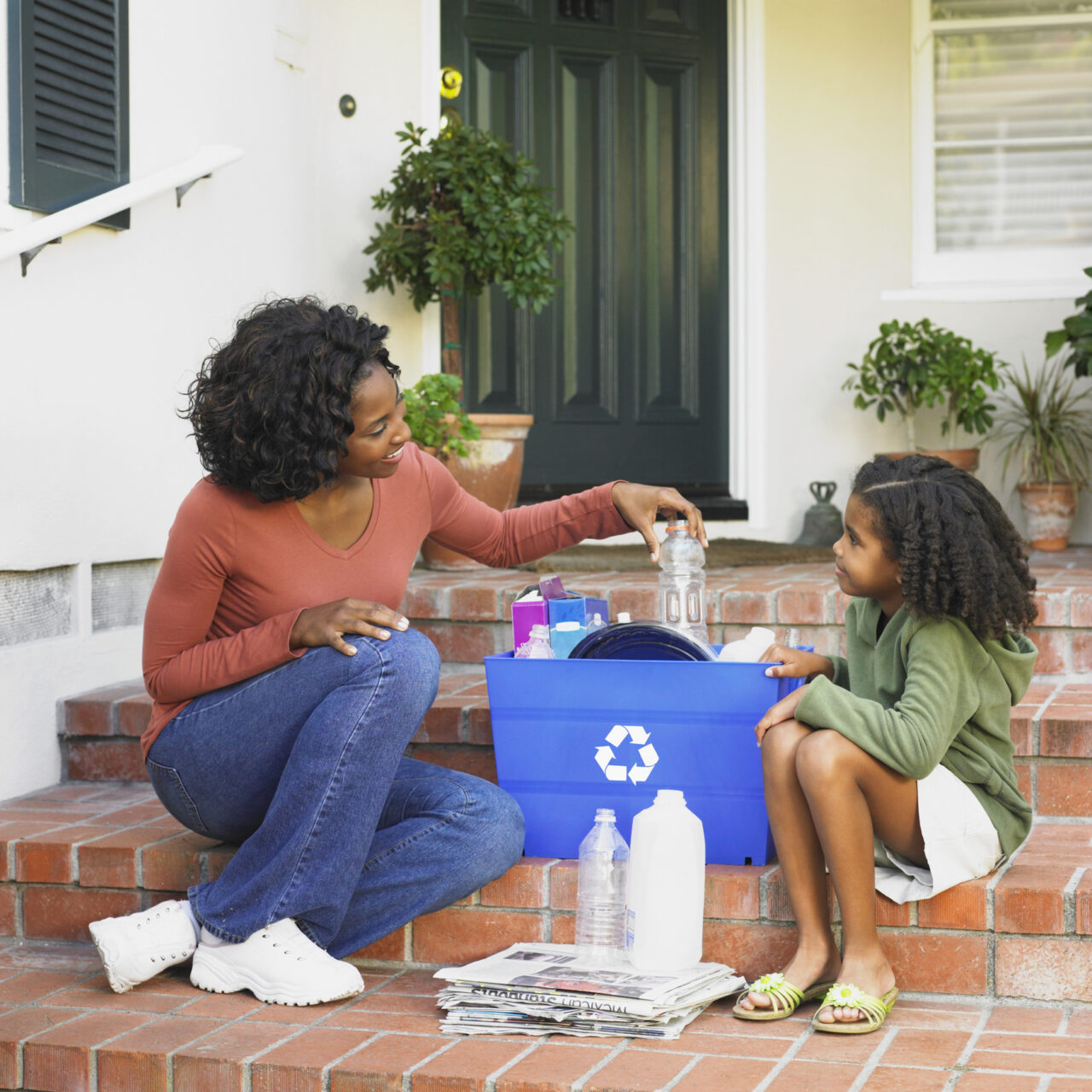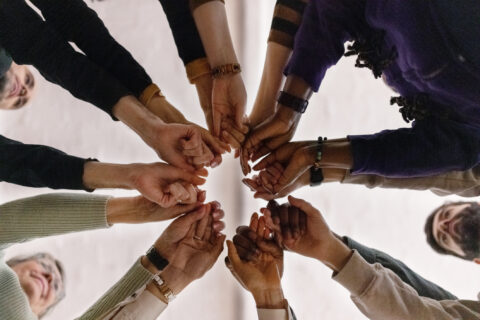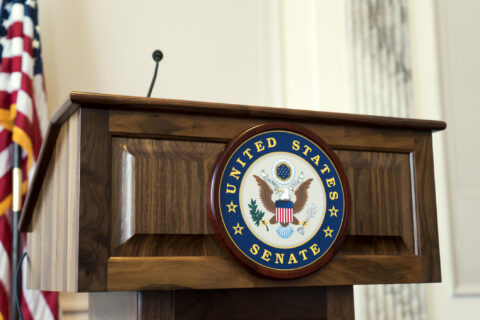Co-authored by Emma O’Reilly, NLC Federal Advocacy Sustainability Intern
“We all have an obligation to be good stewards of what has been entrusted to us,” says Mayor Mary Dennis of Live Oak, Florida.
When it comes to protecting the planet, recycling has become a routine part of life for many, as demonstrated by the nation’s increasing recycling rates. Yet despite our recycling efforts and habits, only 21% of recyclable material is being properly captured. Out of the 79% of lost material, 76% is lost at the household level and not collected.
While recycling efforts are well-intentioned, they are often times not informed: fewer than half of the 95% of Americans who say they recycle know the basics, according to a 2021 survey conducted by the Paper and Packaging Board. That is why education and behavior change are essential to improving recycling practices.
This is where the National League of Cities (NLC) and WM (formerly known as Waste Management) step in. Together, we have launched the Recycle Right campaign, which challenges cities, towns and villages to make a public commitment to enhancing recycling efforts and pledge to take action in their communities. Launched on Earth Day 2024 as part of NLC’s 100th Anniversary initiatives, more than 100 cities have already signed the pledge.

By pledging, these cities became part of a digital cohort that receives tools and resources from NLC and WM to help residents adopt new recycling habits and for communities to revitalize and instill confidence in their local recycling programs. Tools include a comprehensive toolkit, monthly emails highlighting tips and resources and downloadable and customizable educational flyers.
Since its launch, cities, towns and villages across the country that have taken the Recycle Right pledge have shared why they have taken the pledge and some of the biggest challenges facing their communities when it comes to recycling. Here are some common themes from pledge takers.
Why are cities taking the pledge?
Cities are taking the Recycle Right pledge to ensure a cleaner, more sustainable future for their communities. Whether it’s for immediate benefits or long-term planning, virtually all local leaders that responded emphasized the importance of conservation and their commitment to making the planet a better place.
What are the common challenges cities are facing when it comes to recycling?
Education
There is much confusion around recycling, and many cities are working hard to address these issues. The effectiveness of the recycling system is greatly impacted by how accurately consumers dispose of their waste.
Cities have identified that proper education and awareness remain significant challenges in their recycling programs. Residents often get confused about what can and cannot be recycled due to misleading and confusing recycling labels, which frequently leads to defaulting to trash bins. Residents continue to hold misconceptions about recycling, such as the belief that it doesn’t save energy or significantly benefit the environment and economy. According to the U.S. Environmental Protection Agency’s (EPA) 2020 Recycling Economic Information Report, recycling and reuse activities in the United States contributed to the creation of 681,000 jobs.
Accessibility
Cities have recognized that many residents don’t have access to recycling bins at home, which hampers their ability to recycle effectively. Residents are less likely to participate in a system that lacks adequate convenience and consideration for their needs.
Implementing curbside pickups can make recycling more convenient for households. For business and apartment dwellers, a well-organized system with clearly marked bins and flyers for what can and cannot be recycled is essential to ensure proper practices.
Contamination
When residents mistakenly place non-recyclable items into recycling bins, it can degrade the quality of recyclable materials, increase the costs of sorting and cleaning and pose hazardous risks to workers and equipment at recycling facilities. Cities, towns and villages frequently report this problem as one of the most significant challenges they face in managing effective recycling programs. Local leaders can analyze the services implemented to improve the handling of contaminated materials, protect workers and equipment and amplify residential education.
Costs
Many cities have reported high operational and disposal costs for recycling. The expenses associated with services, from curbside pickup to sorting and processing, are often beyond the reach of many city budgets.
Resources and Next Steps for Local Leaders
The Recycle Right Campaign Toolkit aims to help local leaders address many of the identified challenges. A recent webinar hosted by NLC and WM provides strategies for cities to empower residents to recycle right.
City leaders can download the Recycle Right Toolkit and help residents overcome their lack of confidence in recycling by encouraging proper practices.
EPA’s Solid Waste Infrastructure for Recycling Grants for Communities offers funding to improve local waste management systems. This funding opportunity is open to local governments through Dec. 20.
Take the Next Step in Recycling Right
NLC and WM are ready to support local leaders in making cities, towns and villages cleaner and more sustainable! To learn more about how your city can recycle right and take action to elevate your local campaign, sign up to take the Recycle Right pledge.









